Meet the 2019 Master the Mainframe Winners
For 15 years, IBM’s Master the Mainframe competition has introduced students to the world of programming. Participants come from a wide variety of countries and backgrounds, but they all share a common desire to learn and the tenacity to persist. The 12 winners of the 2019 competition include two high school students just starting their paths and two people transitioning to new careers in technology. Their interests range from mainframe computing to AI to software testing and game development.
Requiring no prior knowledge or skill, the contest is the largest mainframe developer competition available for students, with over 25,000 students registering in 2019. Powered by AngelHack and sponsored by the IBM Z® Academic Initiative, Master the Mainframe gives students an opportunity to get hands-on experience outside the classroom and inspires interest in STEM programs.
The competition takes place in three increasingly challenging parts. In Parts 1 and 2, students learn the basics of navigating the mainframe and practice programming languages, OSes and technologies. In Part 3, students write a program that solves a real-world issue.
The 2019 participants came from nearly 4,000 schools across 154 countries. Registration increased 40% from 2018, and the number of participants that completed all three parts of the competition increased by 123%. Three grand prize winners were selected along with nine regional winners from across the globe.
Grand Prize Winners
Takao Kaburaki, Hosei University (Japan)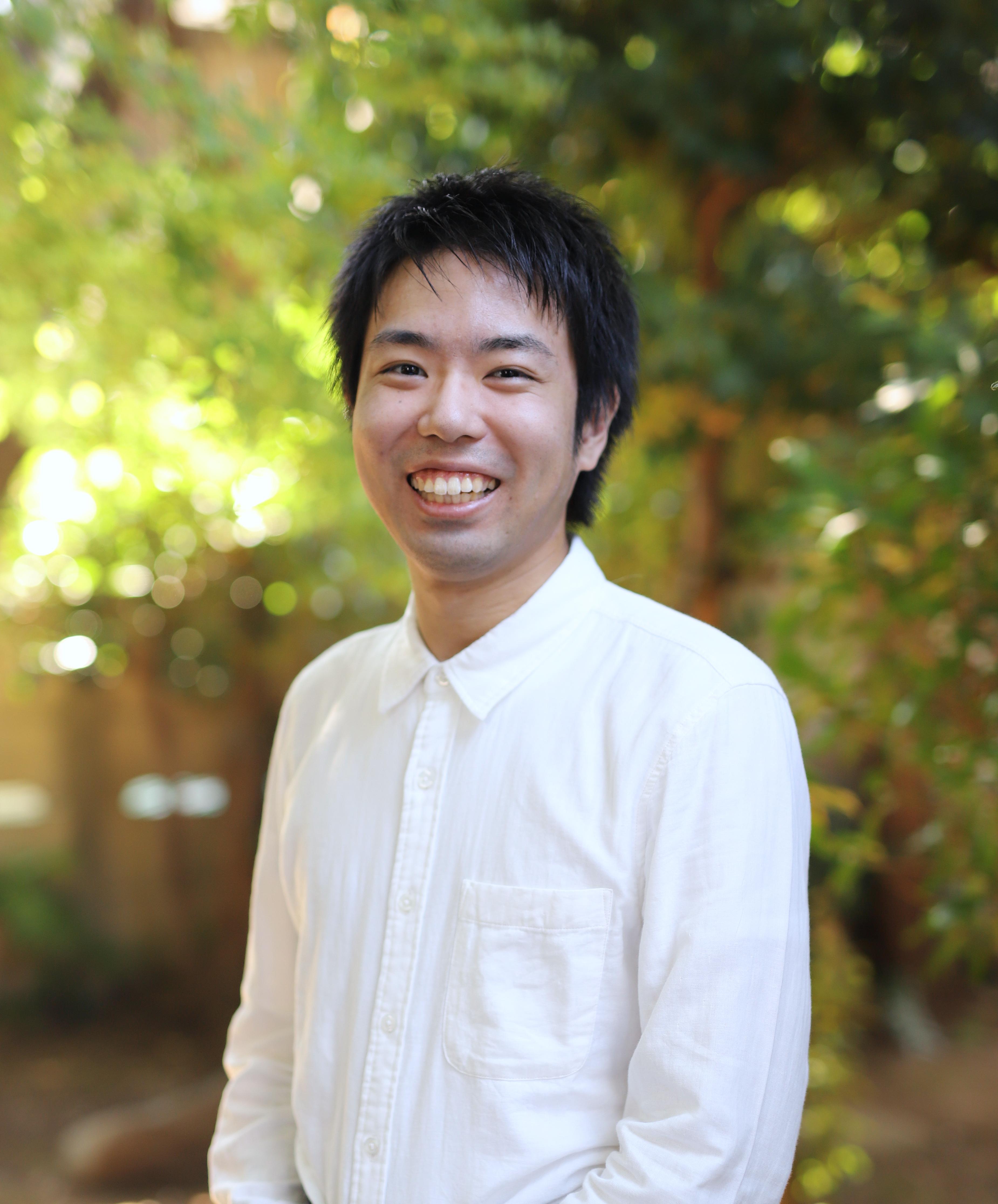
Takao Kaburaki is a first-year master’s student in computer and information sciences in Tokyo. He’s studying cloud technologies and edge computing. He started programming in junior high school, hoping to someday develop games. An IBM Japan representative encouraged him to participate in the Master the Mainframe competition.
Kaburaki’s goal is to code and develop as much as he can in the field. He believes that learning about the mainframe is a great addition to his current knowledge, and is particularly interested in the Linux® environment. He’s currently learning English and Russian, which helps him increase his skills as a developer.
Mark Budavari, University of Szeged (Hungary)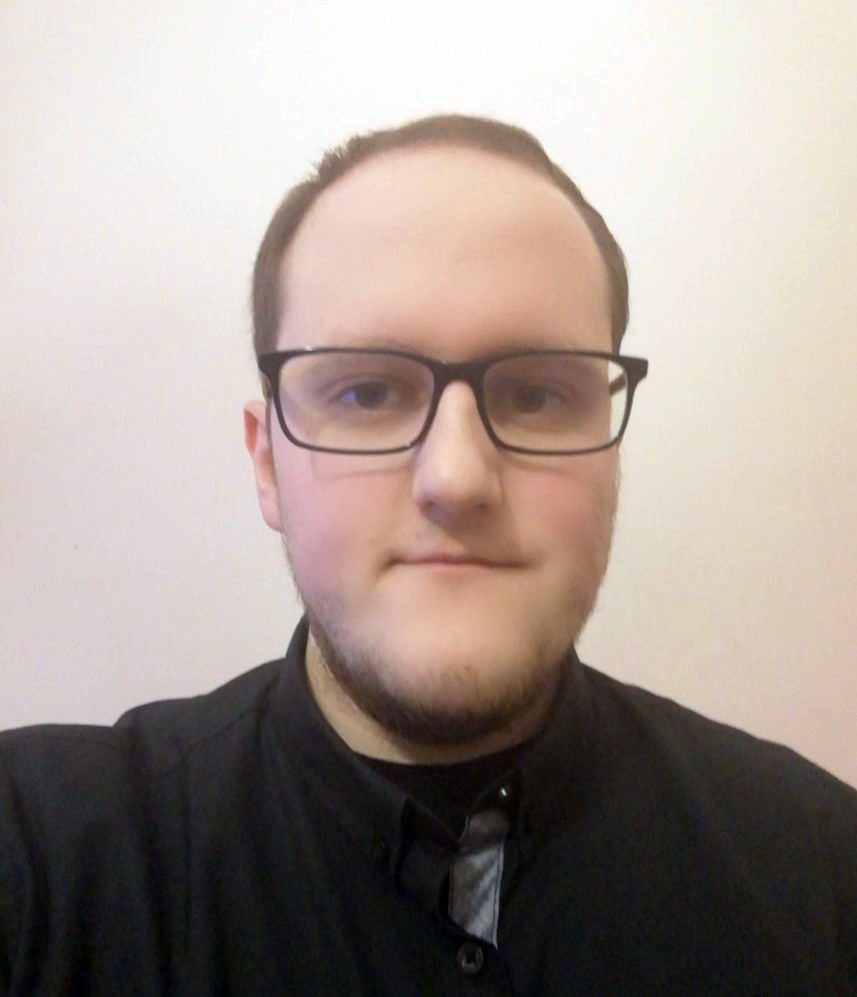
When he was 11 years old, Mark Budavari created his first HTML website. He continues to be passionate about everything IT-related. As a teenager, he learned about PHP, C#, Linux and IT security. In 2015, he stumbled upon the Master the Mainframe contest and got addicted to the challenges, participating several times.
Budavari attended the University of Szeged, where he completed his Bachelor of Science in computer science in 2019, adding many other programming languages to his toolset. He wrote a thesis on AI, and his goal is to work in the United States or Japan.
Yen-Chang Pan, Universidad de Buenos Aires (Argentina) 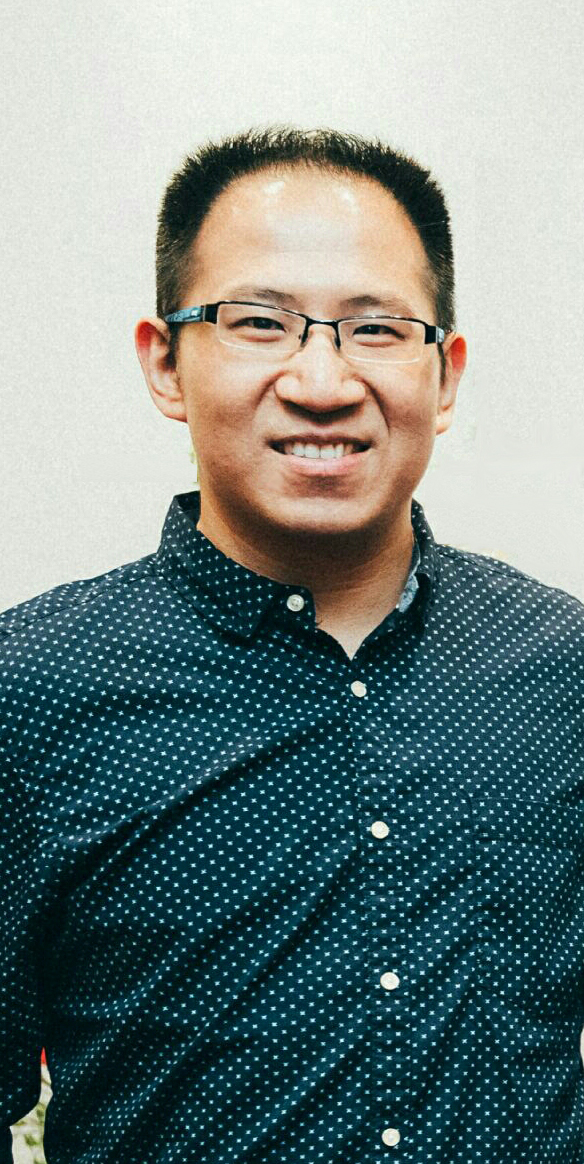
Yen-Chang Pan has participated in the Master the Mainframe contest for many years. He enjoys the chance to solve real-world problems and get different experiences in IBM Z technology. He gets excited about solving the tough challenges embedded in the competition.
Pan enjoys learning different programming languages, thinking of his skills in the mainframe as tools that he’s learned to use to solve problems. He is pursuing a master’s degree in data mining.
Regional Winners
Yuto Isogami, Waseda University (Japan)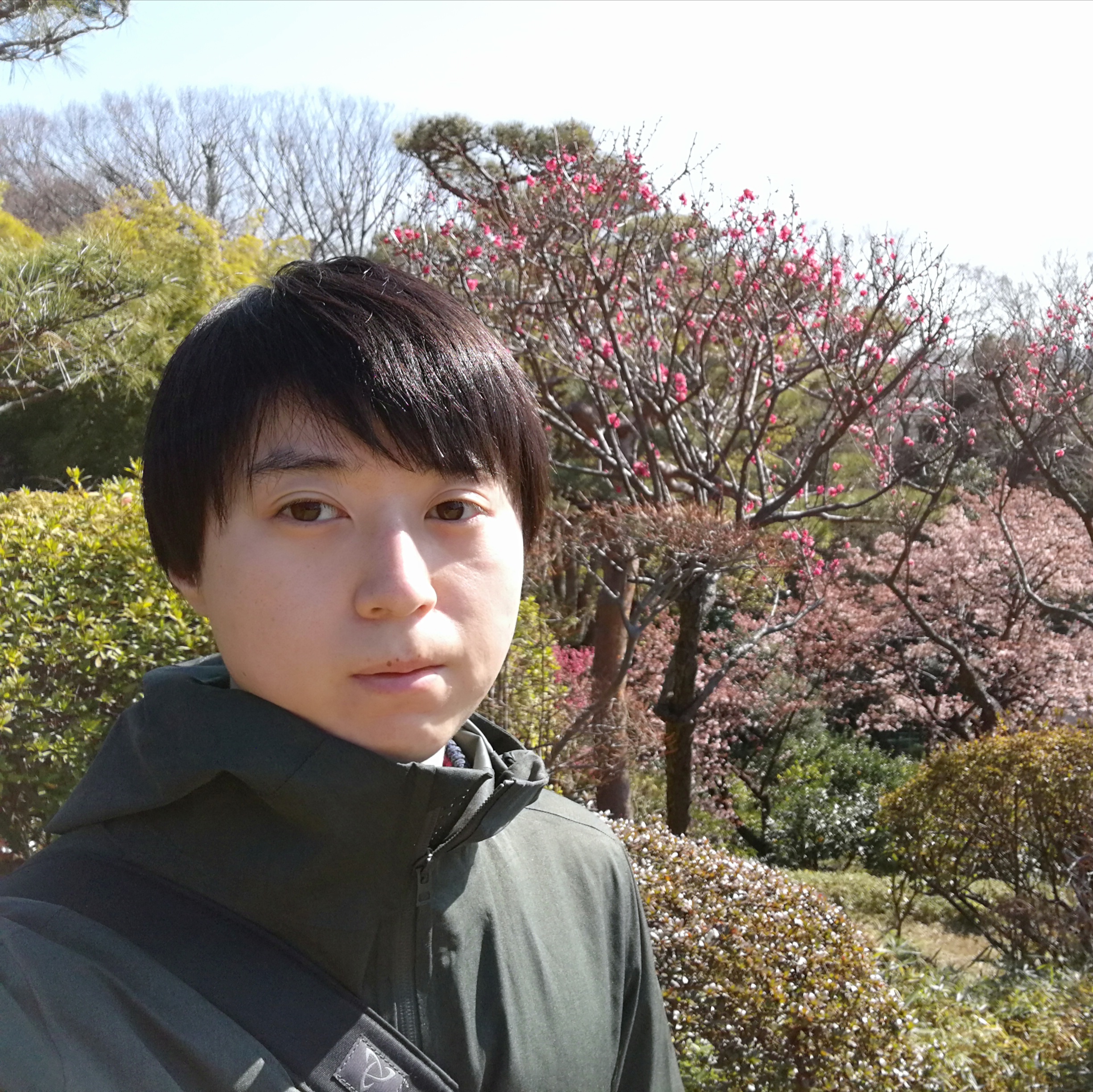
In addition to winning in 2019, Yuto Isogami won the 2018 Master the Mainframe competition. He has taken advantage of the opportunity to learn about the mainframe and has enjoyed his experiences in the competition, gaining a lot of practical knowledge.
Isogami is interested in continuing in the field of mainframe technology in his career. He’s a software engineering graduate student who researches software testing methods for web applications and enjoys traveling overseas.
Georges Kopp, OpenClassrooms (France) 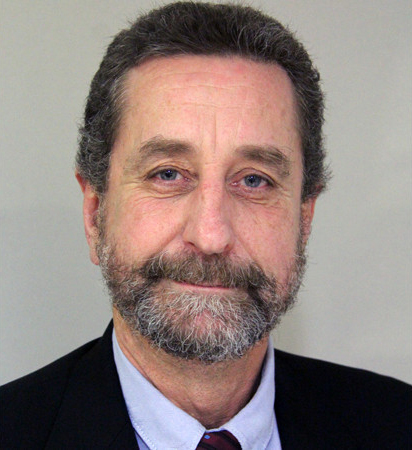
Georges Kopp, a financial and administration director, has been familiar with IT since 1974. He’s fascinated with mainframes and he used the Master the Mainframe competition to help teach himself a new skillset. His goal was to play within the mainframe, and after last year’s competition, he began to think about changing his career.
Kopp was challenged throughout the competition because his background is mainly in finance. He does have past experience in languages, databases and OSes, but he researched new, unfamiliar concepts throughout the contest. Kopp advises young people to take advantage of this opportunity if they don’t have any idea what their future career will be, because enterprise platform computing might be the place for them.
Gonzalo Hemadi, Universidad Argentina de la Empresa (Argentina) 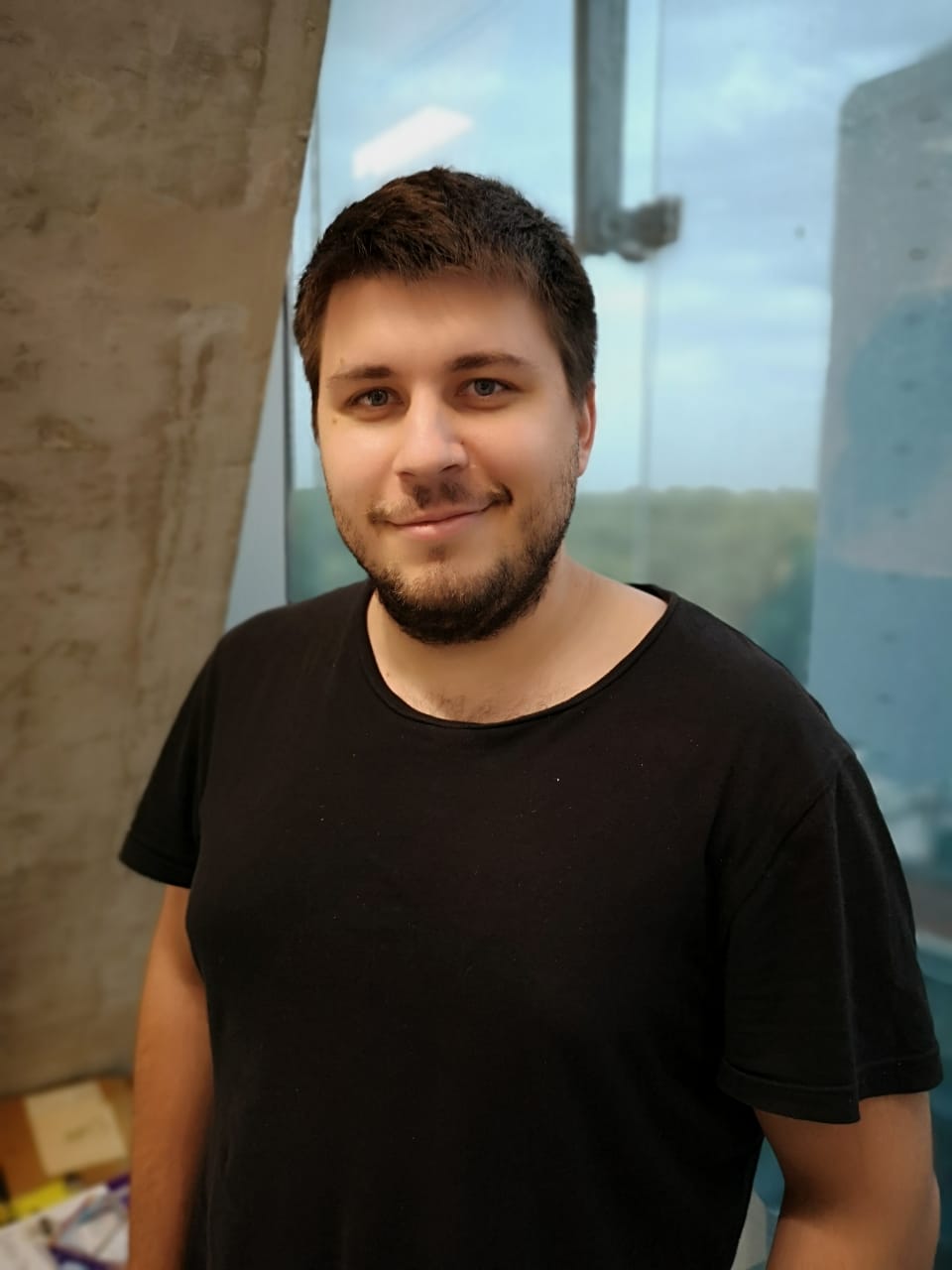
Gonzalo Hemadi’s first job was as a tape librarian. While working, he got the chance to see a TN3270E terminal, but didn’t know anything about mainframes. An IBM z/OS® programmer coworker recommended looking into the Master the Mainframe competition. He participated in 2018 but didn’t finish. This year, he planned to learn as much as he could about mainframes but didn’t expect to finish—let alone win.
Hemadi is studying computer science and will receive his intermediate systems analyst degree this year. He is an expert in autodidact learning and wants to get into web programming.
Brian Zhou, Université M’Hamed Bougara De Boumerdès (Algeria)
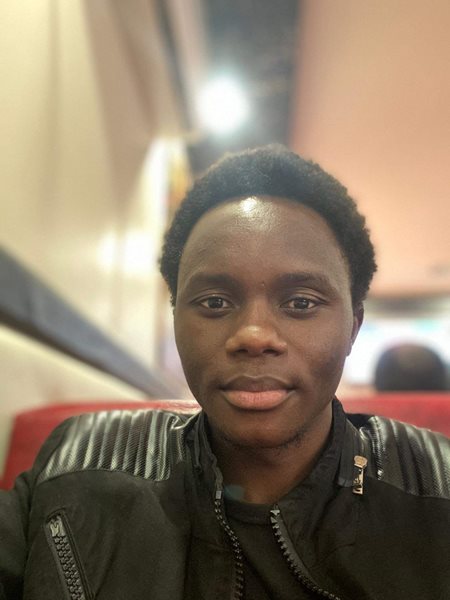
A Zimbabwean student of mathematics, Brian Zhou grew up mentored by his parents, who are both teachers. He is passionate about number theory and cryptography, and his career aspirations are to help make data more secure.
This year was Zhou’s second time participating in the Master the Mainframe contest. He won the regional contest in 2018, and being one of last year’s winners challenged him to learn as much as he could about mainframes.
Pacome Simon Mbonimpa, University of Rwanda (Rwanda)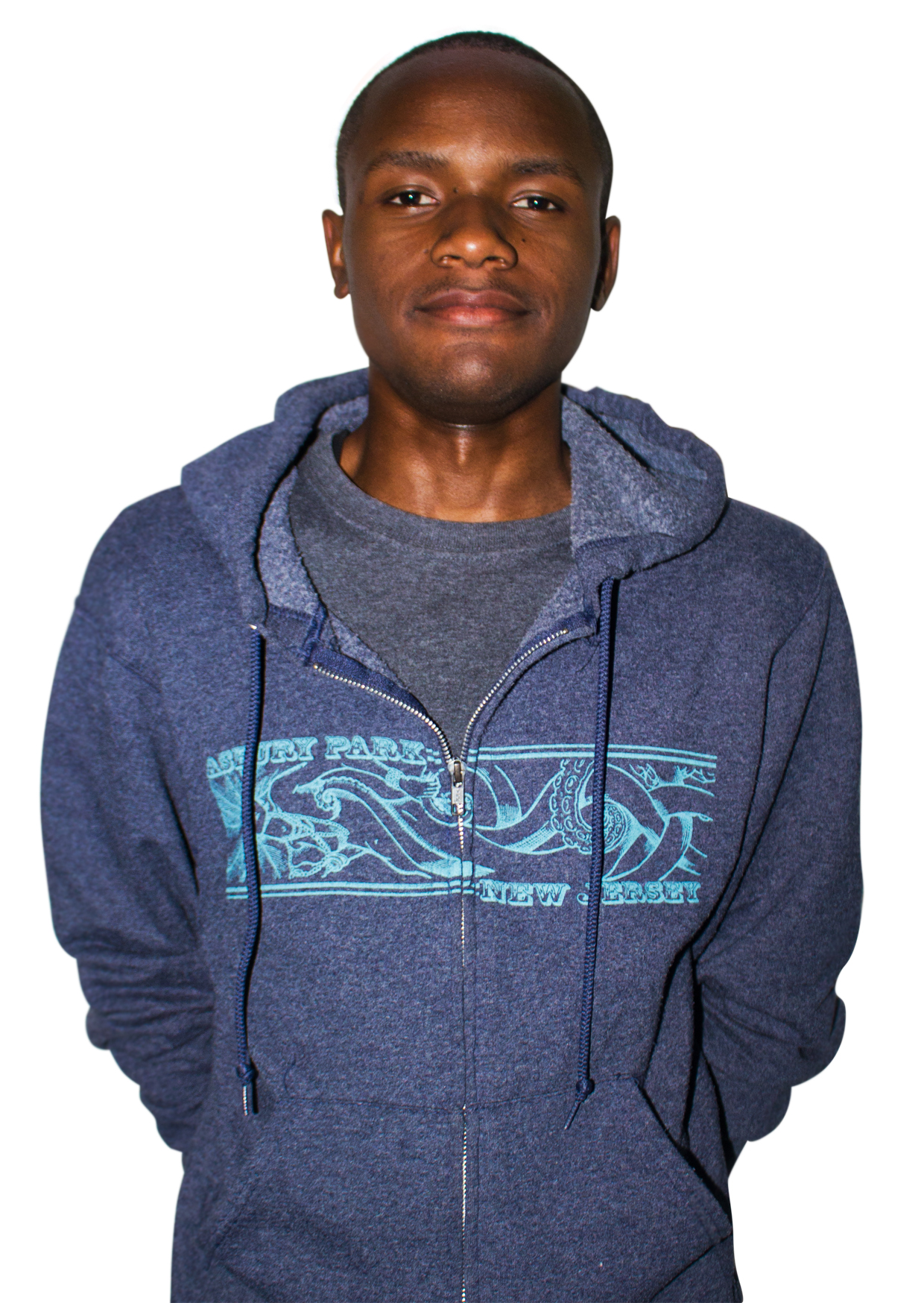
While surfing the internet, Pacome Simon Mbonimpa saw an announcement for the Master the Mainframe competition and began to look into it. He found the competition challenging but also relaxing, and enjoyed getting to utilize his knowledge.
Mbonimpa is studying electronics and telecommunication engineering at the University of Rwanda, and plans to become a researcher in fields related to electronics.
Kaitlyn Lowe, Canyons Technical Education Center (United States)
Kaitlyn Lowe is a high school student who heard about the Master the Mainframe competition in her concurrent enrollment computer science class. After completing Parts 1 and 2 as a school assignment, she decided to finish the competition, not expecting to win. She was especially challenged by using REXX, but she studied up, letting the contest take up her downtime.
After graduating from high school this year, and she plans on attending the University of Utah to study game development. Her career goal is to work as a game developer or software engineer. She hopes to one day start her own company.
Christos Polemenakos, University of Dallas (United States)
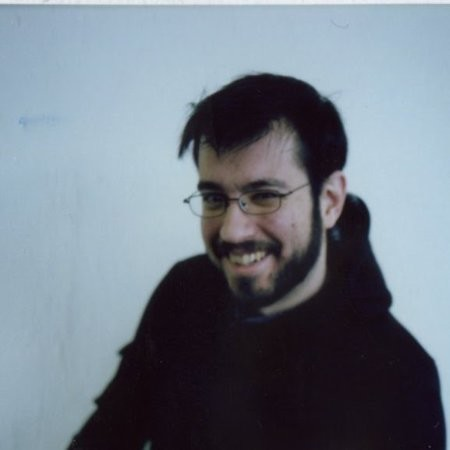
Christos Polemenakos recently graduated with a master’s degree in information and technology management. The experience was a departure from his undergraduate experience, where he received a bachelor’s in fine arts degree in sculpture. He finds that having multidisciplinary training in art, technology and business helps him draw connections in his work. He enjoys working on interdisciplinary teams where everyone brings unique perspectives.
Participating in the Master the Mainframe contest changed what Polemenakos thought mainframe computing was, because most of his programming knowledge is self-taught. He enjoyed how each part of the competition built on the previous parts, introducing new skills and techniques.
Divyanshu Singh, University of Petroleum and Energy Studies (India)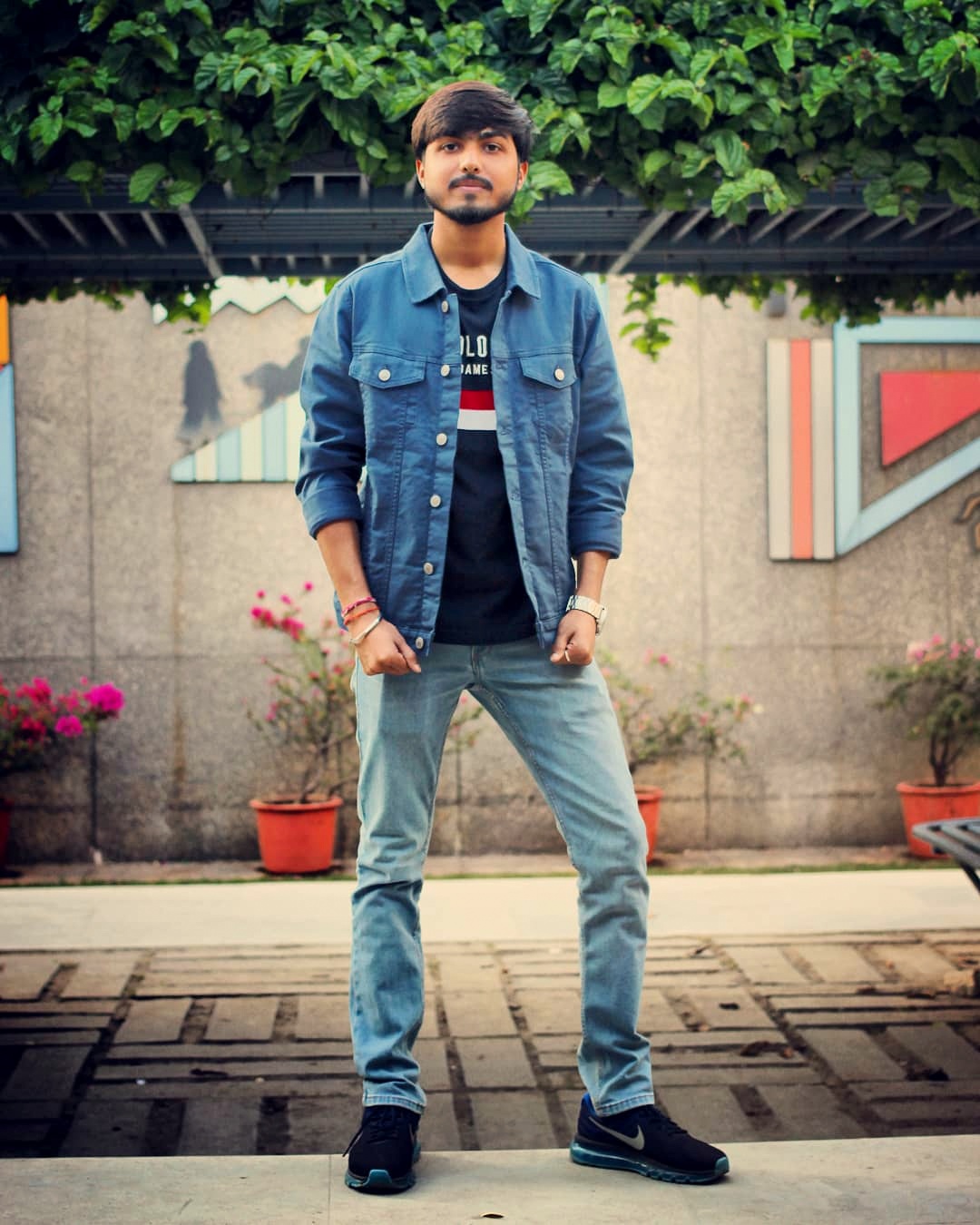 Divyanshu Singh is a bachelor’s in technology student studying computer science with a specialization in mainframe technology. He enjoys seeing technological advancements on the mainframe, which eventually drove him to this competition. Though he didn’t think about winning when he began, his curiosity and love of learning drove him to succeed.
Divyanshu Singh is a bachelor’s in technology student studying computer science with a specialization in mainframe technology. He enjoys seeing technological advancements on the mainframe, which eventually drove him to this competition. Though he didn’t think about winning when he began, his curiosity and love of learning drove him to succeed.
Singh’s career goal is to become an enterprise platform developer and work in the IT industry. He’s also interested in quantum computing. He aspires to make data transactions faster, which will bring advancements to society.
Avishek Sen, Sudhir Memorial Institute (India)
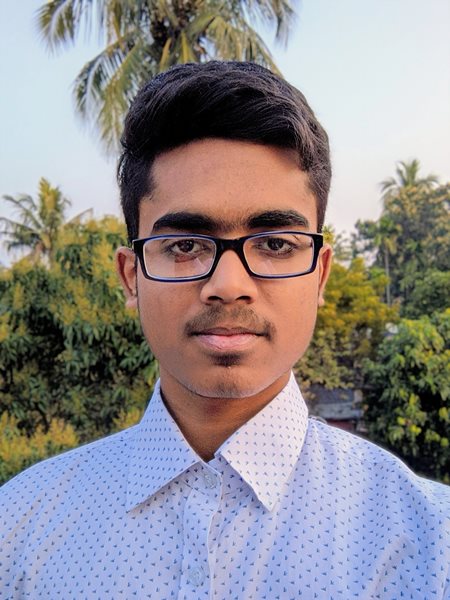
Avishek Sen is a high school student. Though he hasn’t taken computer science in school, he’s passionate about coding and programming languages. He learned about the competition from his physics teacher, and it helped him think about all of the opportunities that working in the mainframe could open up for him.
Sen plans to get a degree in the field of IT or computer science after graduating high school. His favorite topics are machine learning and AI, and he wants to work on a project related to programming infused with AI and deep learning.